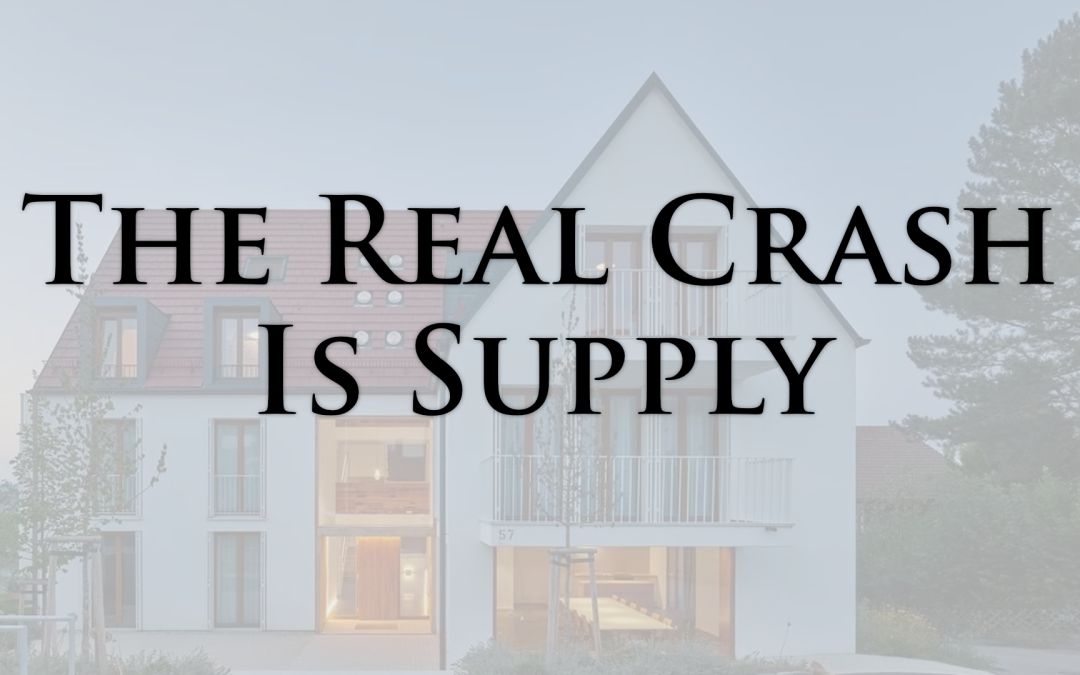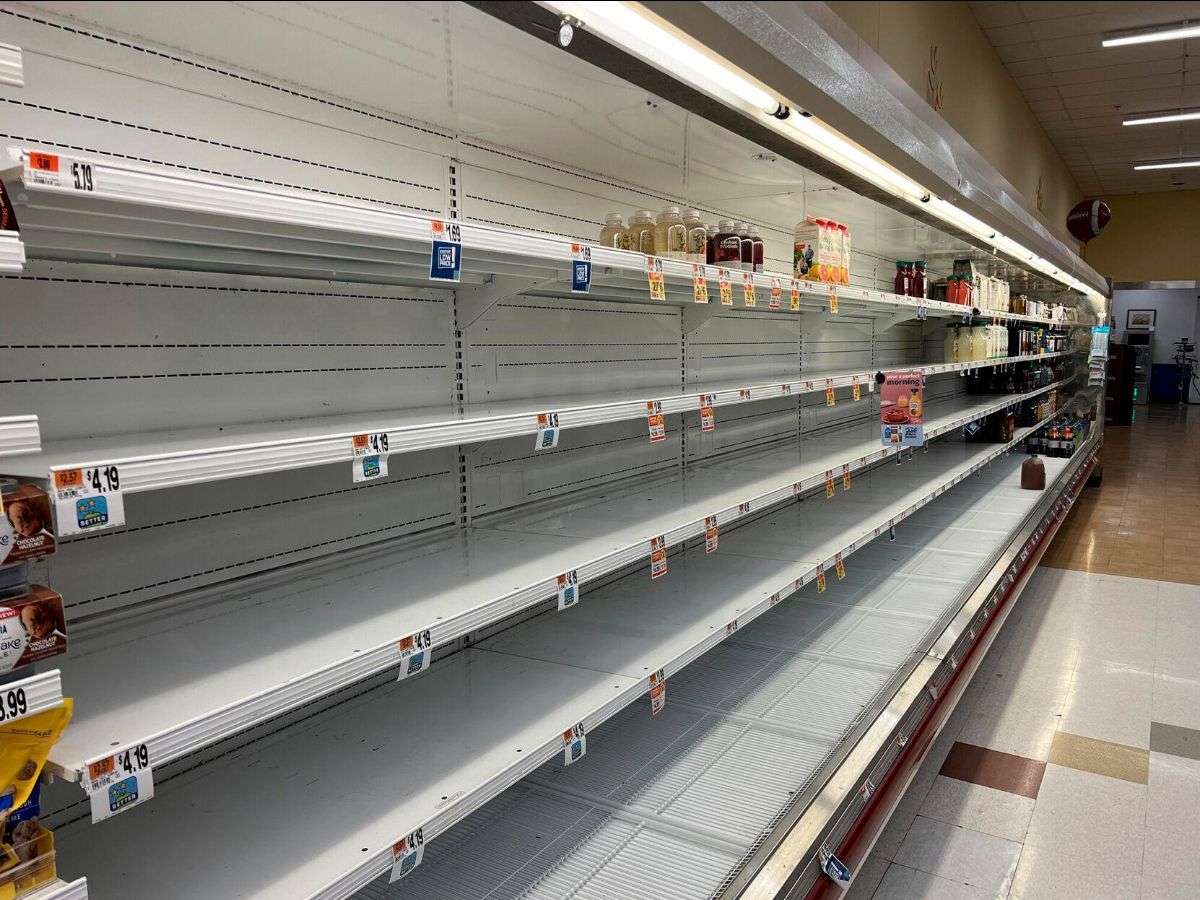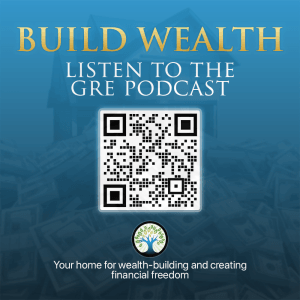What would you think if you walked into your favorite grocery store and saw that the shelves were 80% bare?
It echoes in there. The shelves are only one-fifth stocked. It’s eerie.
I call it “shelf awareness”.
What kind of feelings does this evoke inside of you?
These shelves represent the available supply of American housing today.
Supply is only one-third of what it was as recently as 2018… and one-fifth of the supply that it would take to bring the housing market into balance.
This is why I’ve said for a long time that the real crash in US real estate has already happened. It was a supply crash that began in April of 2020.
This is a big reason why I don’t expect any housing price crash.
Now that society has become more housebound, they’re willing to pay more for a home.
Goldman Sachs recently forecast 10.1% home price appreciation for 2022, much like GRE’s 9%-10% forecast that I made here in a newsletter back on December 1st.
Zillow now predicts a 16% home price spike this year.
Empty grocery store shelves can induce panic in shoppers. They tend to buy all that they can—even hoard.
This scene might make you load up on: laundry detergent, vegetables, peanuts, pasta, almonds, and A.1. steak sauce.
When the store runs out of A.1., I declare it a dietary atrocity.
Sure enough, Business Insider recently reported that homebuyers are “doubling up”.
Some people with low mortgage rates don’t want to let their properties go. Increasingly, when they move, they keep their former home as a rental.
Americans are hoarding houses.
Whether it’s groceries or houses, when vital resources get scarce, people load up on them. We’re talking about food and shelter here. These are absolute life essentials.
There are three principal drivers to measure a real estate market’s vitality (click measure for recent level):
- Months of Available Supply – 5 to 6 months is balanced
- Sale-to-List Price Ratio – 95% to 99% is balanced
- Days on Market (DOM) – 30 to 60 days is balanced
All indicators point to a vivacious market, though probably with fewer bidding wars than last year.
Recall that in the real estate-fueled Global Financial Crisis of 2008, oversupplywas one contributor to the rare national housing price downturn. (Laughable mortgage underwriting standards were another.)
Think about it this way. It would take a 500% housing supply increase just to get the market to equilibrium, not an oversupplied market.
For the entry-level property segment (which often make the best rentals), the supply is even more scarce! But there are some here.
When will today’s housing supply crisis turn around? It’ll be years.
Some relief is on the way. Home and apartment construction recently reached a 45-year high.
But housing supply is inelastic. It only changes slowly.
It’s easier to produce laundry detergent, rice, and carrots to get the grocery store shelves full than to create new housing that’s undersupplied by 5X. Why?
- Supplies – Many constrained supply chain items must converge in one place for construction.
- Labor – There is an insufficient labor pool. Training new labor takes time. Teaching these skills doesn’t work well online.
- Regulations – Recognizing the crisis, some jurisdictions are relaxing these, notably California.
- Innovation Limits – I devoted podcast episodes about why 3-D printingand shipping containers are not answers.
That’s why this dearth of supply could feel like the longest crash in history.
Demand and utility are important market metrics. But due to its inelasticity and its ability to fuel bidding wars, I keep my eye on the supply.
The market confirms our action items.
When you take out mortgage loans, you get to repay the bank with dollars that corrode on them twice as fast as their interest charges can accrue on you.
That’s because the inflation rate is double interest rates.
This is also why people don’t want to sell their house and lose their mortgage. They’d rather keep it.
Own what historically appreciates in value (property) while borrowing what depreciates in value (dollars).
Not enough time to read the whole article? Watch or listen to the video on YouTube:
Thought getting your money to work for you creates wealth? It doesn’t! That’s a myth. My one-hour investing video course is now 100% free: Real Estate Pays 5 Ways. For a limited time, you can learn how wealth is really created, here.





